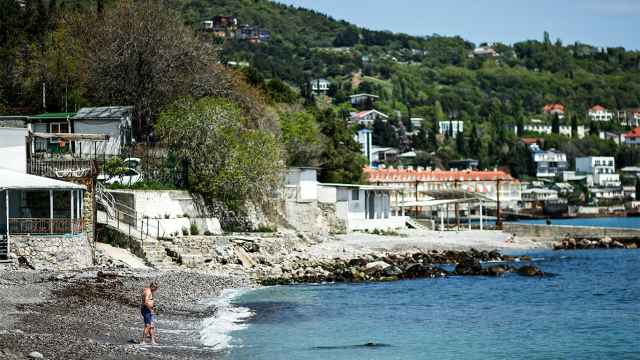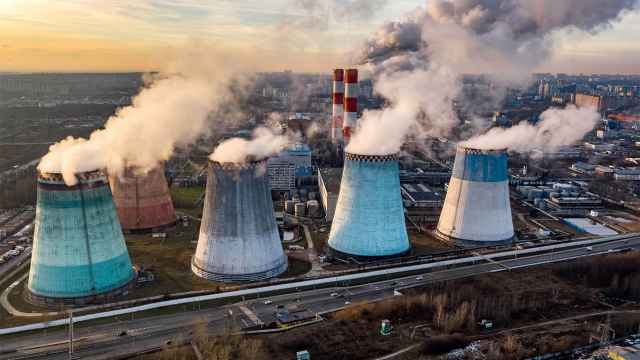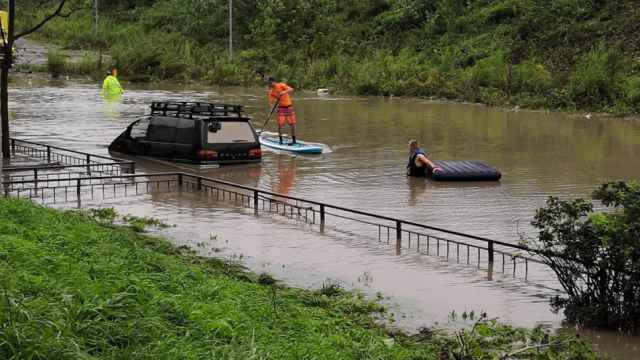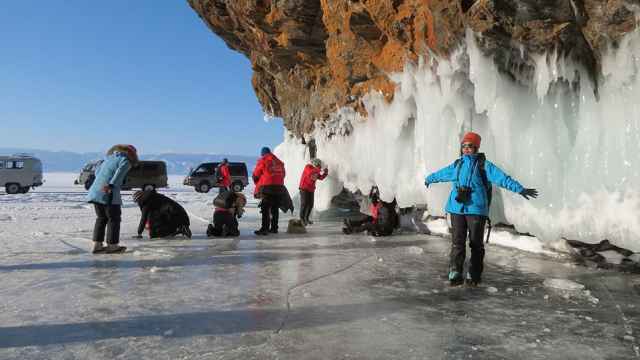One of Russia’s largest business lobbying groups is urging the government to permit hotel construction in protected forests to address the increasing demand for domestic tourism, according to documents obtained by Forbes Russia.
At least 260 tourism infrastructure projects, with a projected investment of 304.8 billion rubles ($3.28 billion), are currently in limbo due to restrictions in Russia’s forest protection laws, Opora Rossii was cited as estimating.
Opora, a nationwide organization representing small and medium-sized businesses, calculated that revenues from domestic tourism are growing 30% annually. This surge coincides with Russia’s full-scale invasion of Ukraine, which made travel to popular European destinations more difficult for Russians.
The business group requested that Russia’s Natural Resources and Environment Ministry, along with the Economic Development Ministry, amend the country’s forest protection laws to allow hotel construction, designate certain protected forests as recreational zones and lift territorial restrictions on ski slopes and cable cars.
Both ministries told Forbes Russia that they are reviewing Opora’s request.
Russia’s Economic Development Ministry said a draft bill allowing for the construction of ski resorts in protected forests is currently under consideration by the government and the lower-house State Duma.
But experts warn that relaxing these rules could lead to illegal construction near deregulated ski resorts. Deforestation in mountainous areas poses risks such as soil erosion, landslides, mudslides and severe flooding.
Some experts told Forbes Russia that those negative impacts could potentially be mitigated through site-specific strategic environmental assessments, providing clear guidelines for businesses involved in such projects.
A Message from The Moscow Times:
Dear readers,
We are facing unprecedented challenges. Russia's Prosecutor General's Office has designated The Moscow Times as an "undesirable" organization, criminalizing our work and putting our staff at risk of prosecution. This follows our earlier unjust labeling as a "foreign agent."
These actions are direct attempts to silence independent journalism in Russia. The authorities claim our work "discredits the decisions of the Russian leadership." We see things differently: we strive to provide accurate, unbiased reporting on Russia.
We, the journalists of The Moscow Times, refuse to be silenced. But to continue our work, we need your help.
Your support, no matter how small, makes a world of difference. If you can, please support us monthly starting from just $2. It's quick to set up, and every contribution makes a significant impact.
By supporting The Moscow Times, you're defending open, independent journalism in the face of repression. Thank you for standing with us.
Remind me later.






